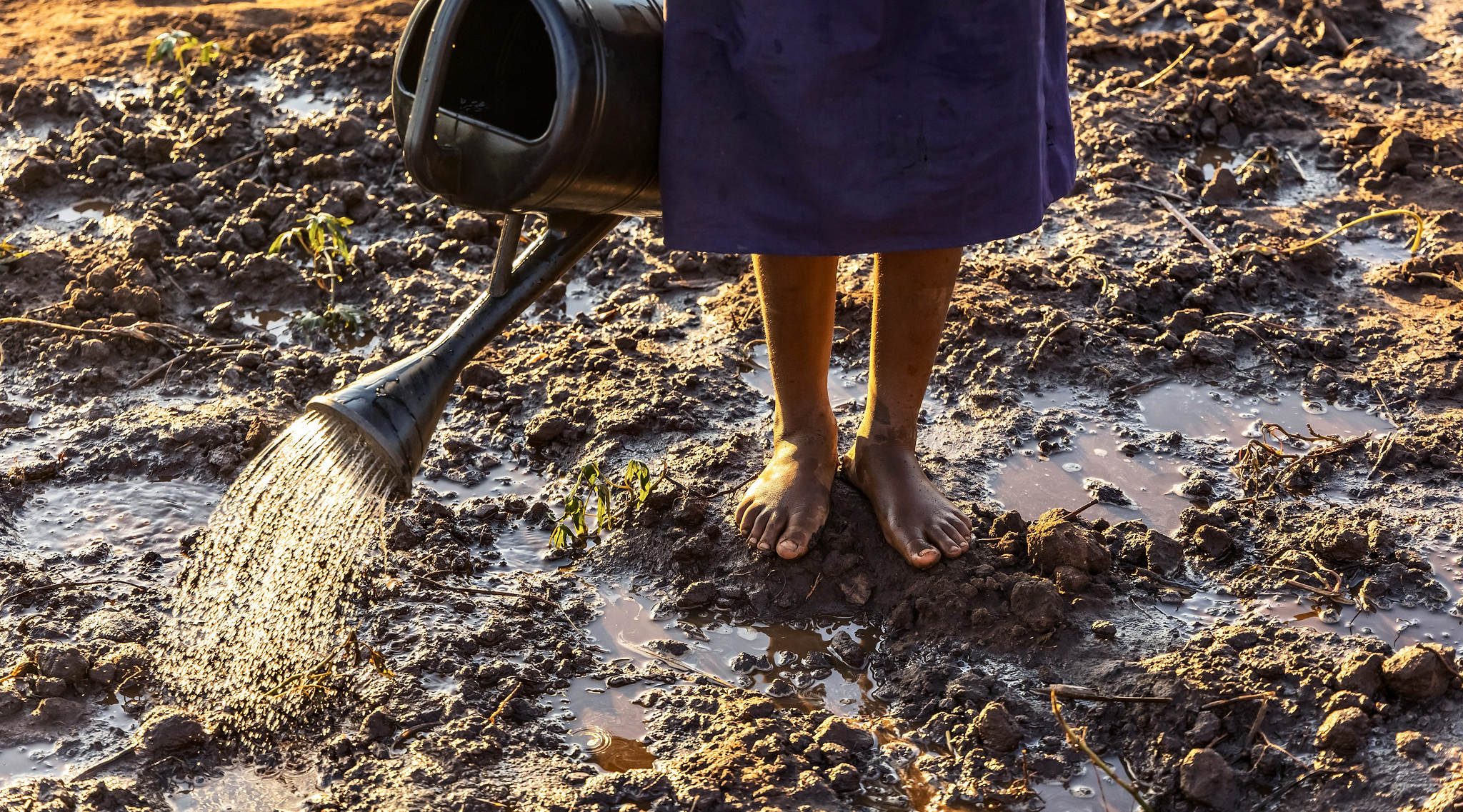

Civil Society
Photo essay: Meet the community leaders breaking cycles of harm in Tanzania

In many rural Tanzanian communities, deeply rooted gender norms continue to limit women’s economic and social agency.

But in Mtwara, in southern Tanzania, change is happening — tradition is blending with new knowledge and understanding.
Leading this change are Kungwi – women who work as traditional teachers of gendered topics who guide young women through cultural rites of passage related to marriage, sexuality and domestic responsibility. Once considered to be reinforcing outdated practices, Kungwi like Saida (below) are now reshaping their roles as community leaders and advocating for gender equality.
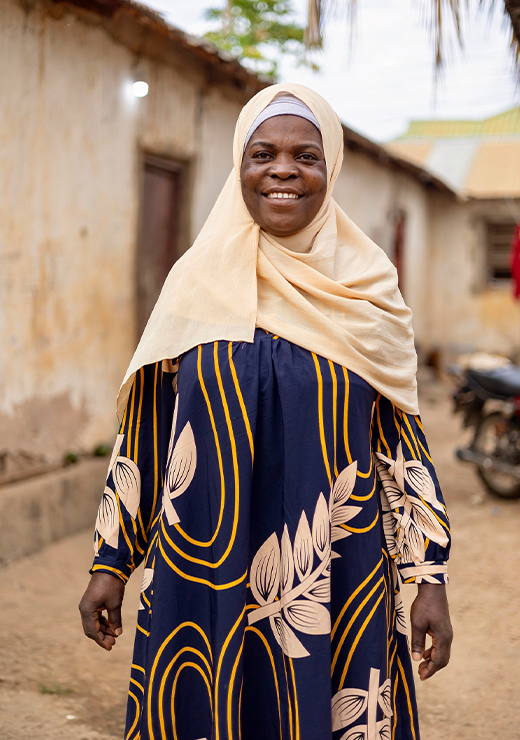
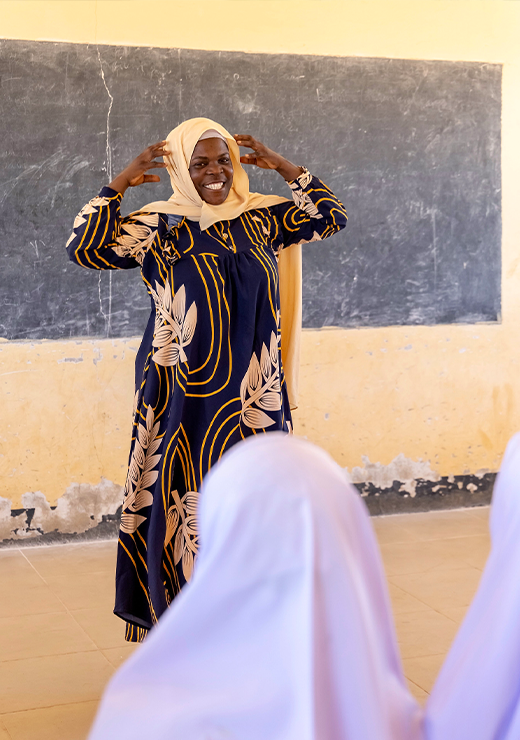
“Kungwi are women trusted by the community to provide education, especially during the unyago process."Saida
For generations, unyago – initiation rites for girls – have marked the transition from childhood to adulthood. But as Saida recalls, these often included outdated, harmful and oppressive practices that led to consequences like early marriage and pregnancy.
“There were lessons completely inappropriate for their age. For example, children under eight were taught lessons about marriage.”
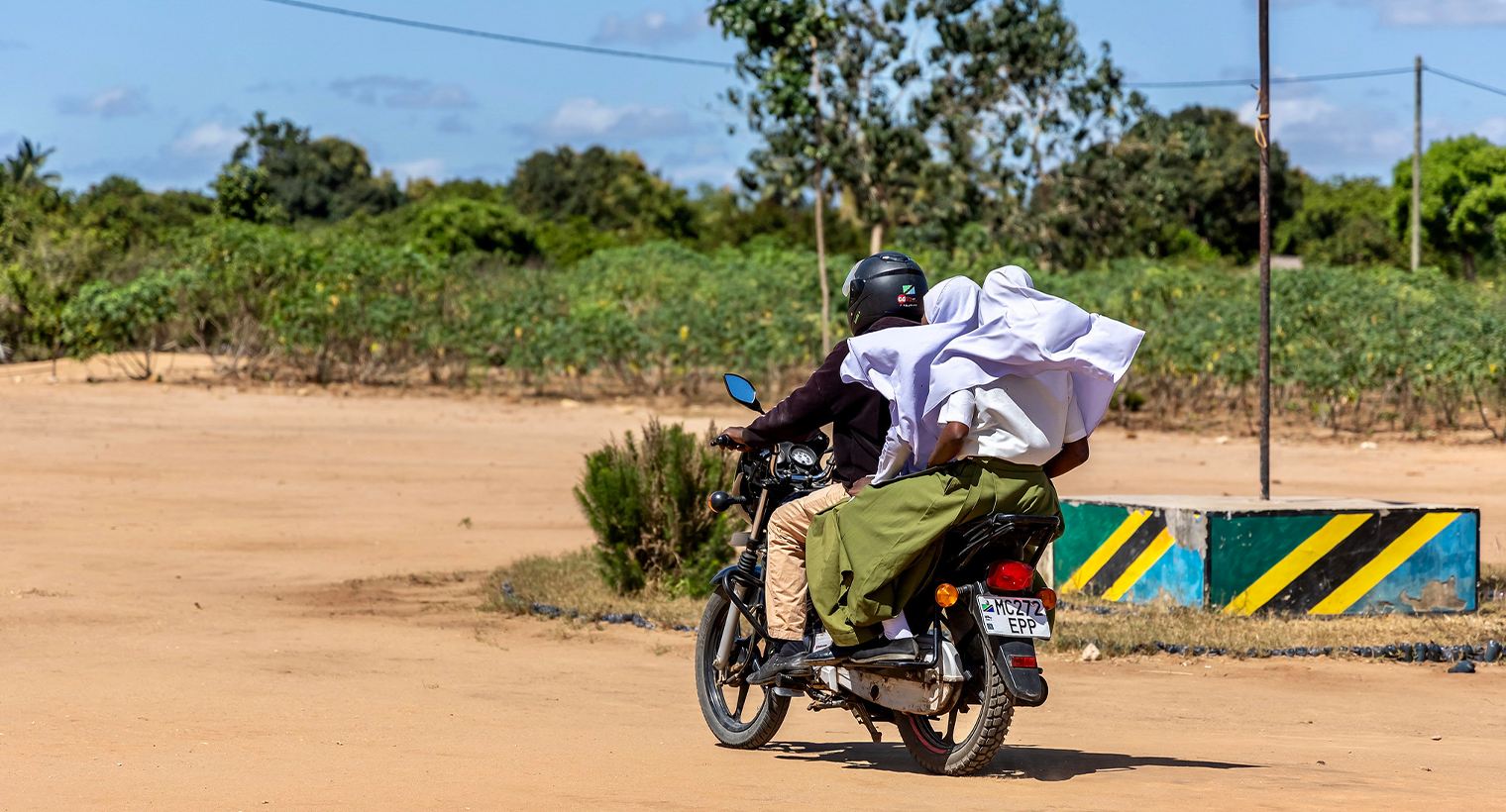
Traditionally, girls of school age and sometimes younger undergo initiation rites, which are now considered inappropriate to some Kungwi women driving change.
With support from Faidika Wote Pamoja (FAWOPA), a local organisation whose name means “benefit all together” in Swahili, Saida and other Kungwi learned how to transform unyago into a safer, educational process focused on health and empowerment.
AKF’s work with FAWOPA and Kungwi women is one example of AKF’s Human-Centred Design (HCD) approach, a process of learning, co-creation and partnership. By helping Kungwi identify their own solutions to issues faced by adolescents in their community, solutions are more innovative, relevant and impactful – like adjusting teachings during unyago instead of dismissing this culturally-significant practice.
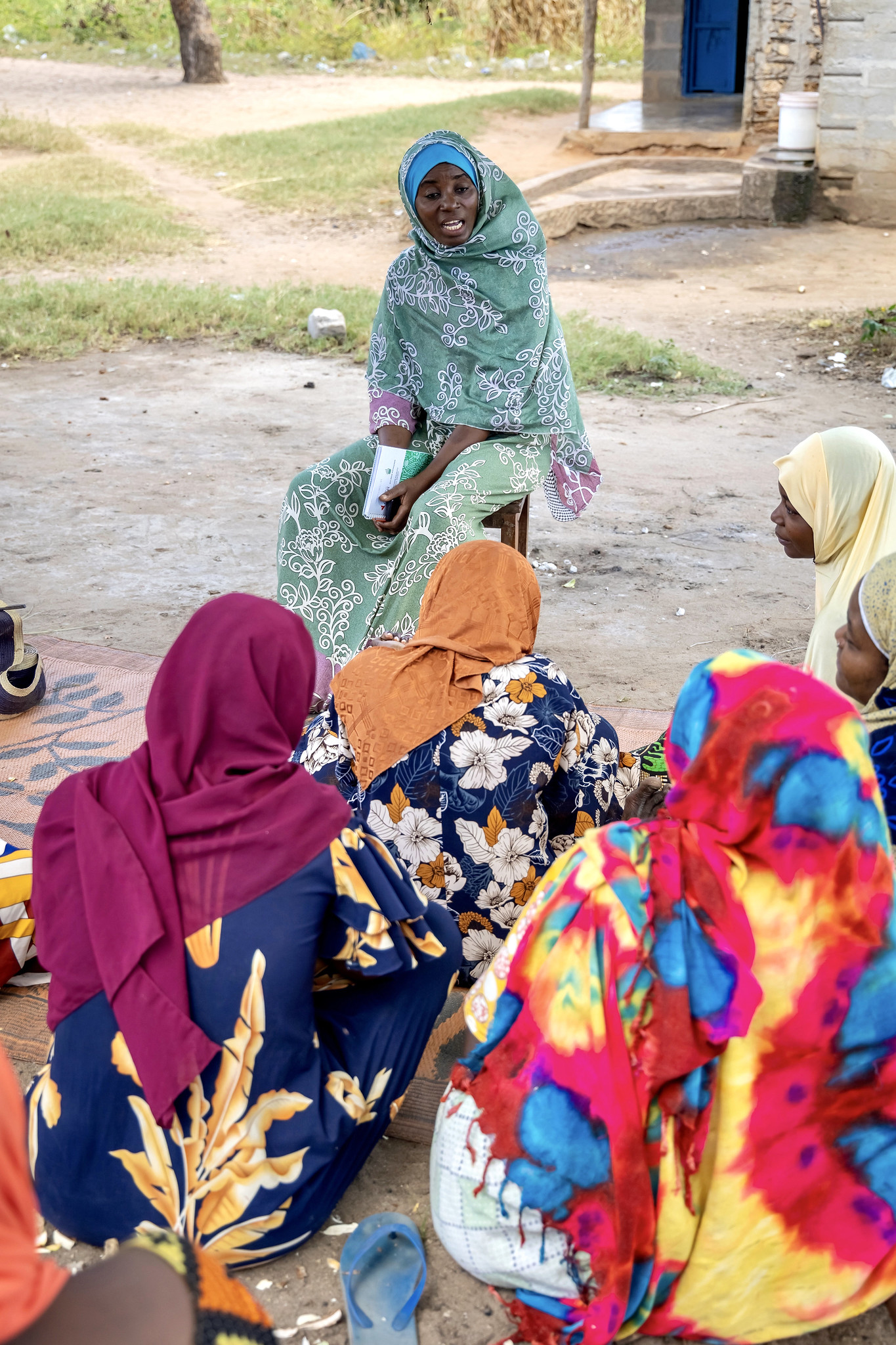
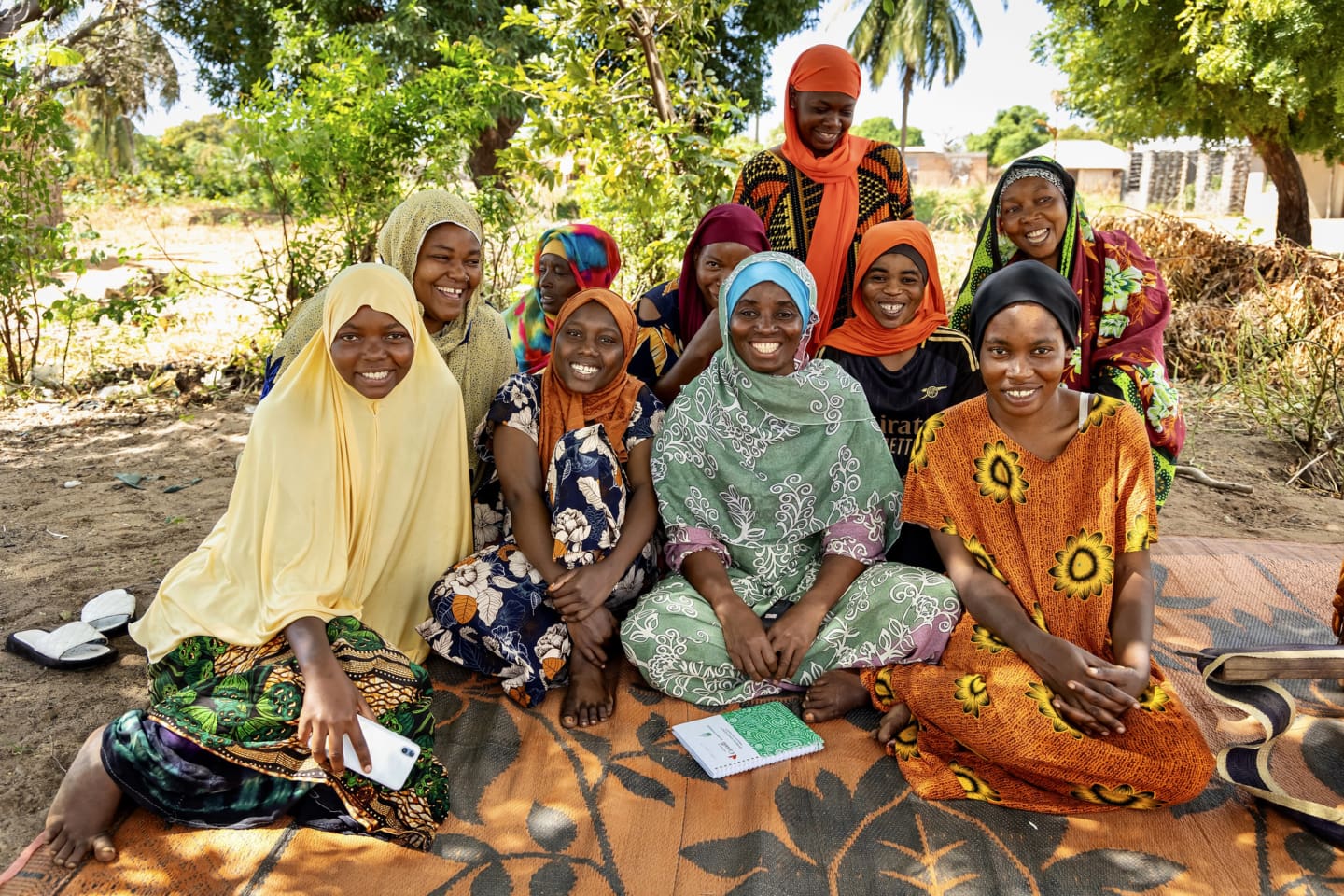
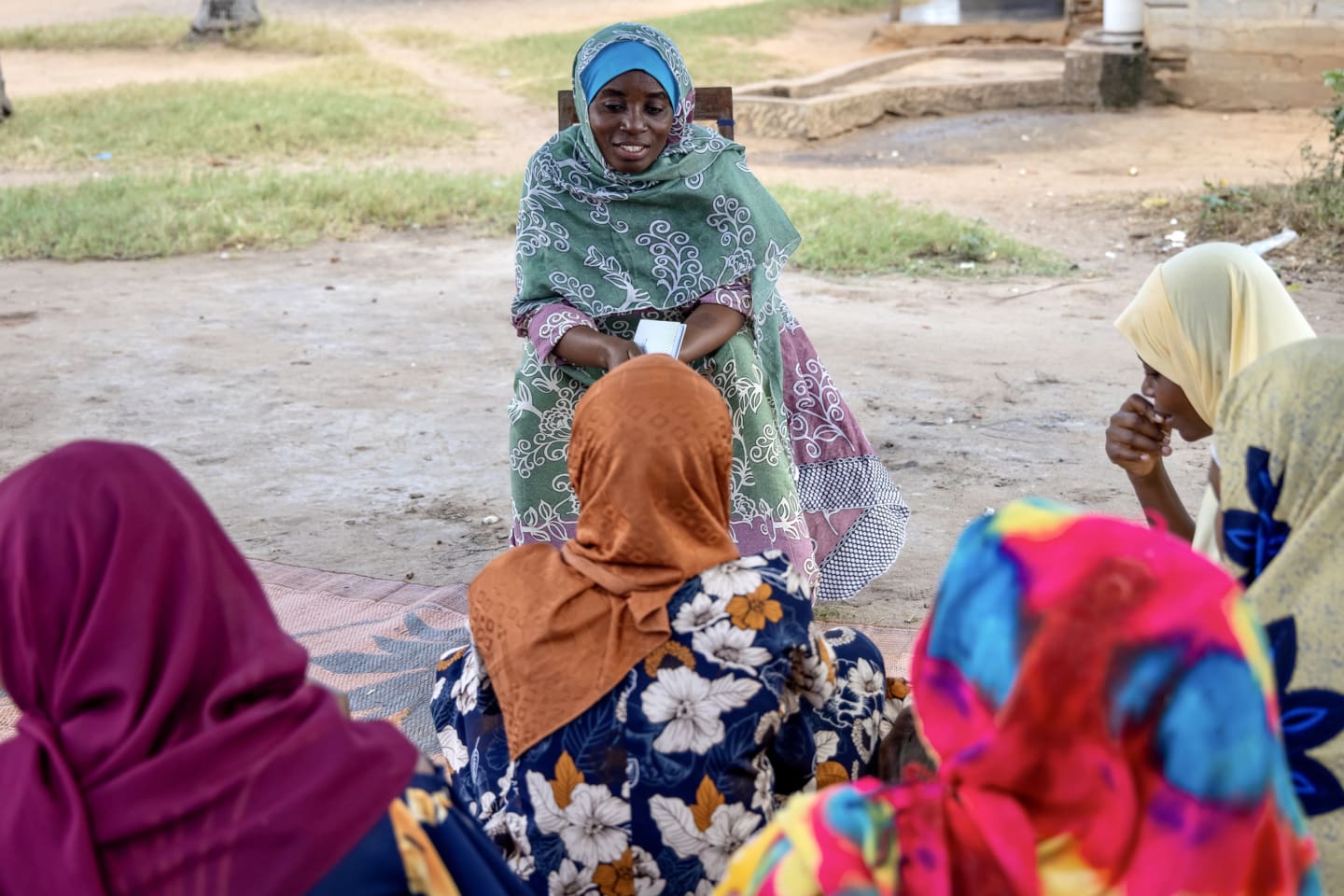
“We provide education on how to manage puberty, safe menstrual practices and explain the dangers of teenage pregnancy,” says Saida. “We focus on helping children grow in the right direction and to learn well.”
Saida and other Kungwi also began assessing and monitoring initiation rites, ensuring that other Kungwi tailored their teachings to be age-appropriate.

“After the training, the first step was to abandon oppressive practices… We made a plan that initiation should start at a later age,” says Saida.
They also worked with parents and guardians to educate them about gender equality topics and encourage them to become more involved in their children’s well-being.
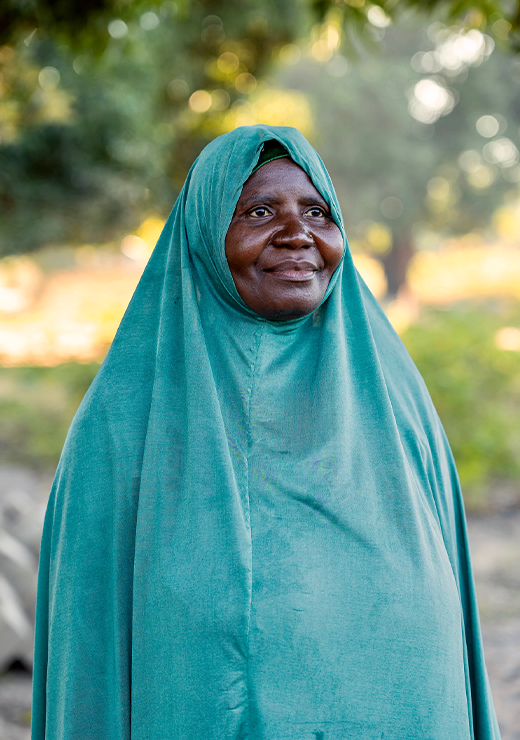
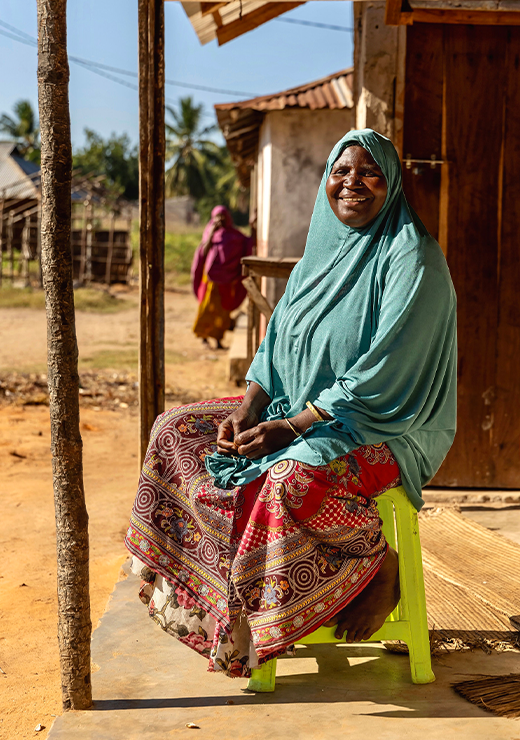
“We teach parents about gender-based violence, how it happens, and how we can support [survivors],” says Salima (above), who works as a Kungwi in Msangamkuu, a small community in Mtwara. “Parents are also now contributing food for children in schools [so they have nutritious meals].”

Saida and other Kungwi women host weekend community sessions and school visits to facilitate dialogue and spread awareness about topics like gender-based violence, sexual and reproductive health and the importance of education.
17-year-old Rehema is part of a school club that Kungwi are regularly invited to facilitate. At these sessions, Rehema has learned about topics like puberty and menstrual health.
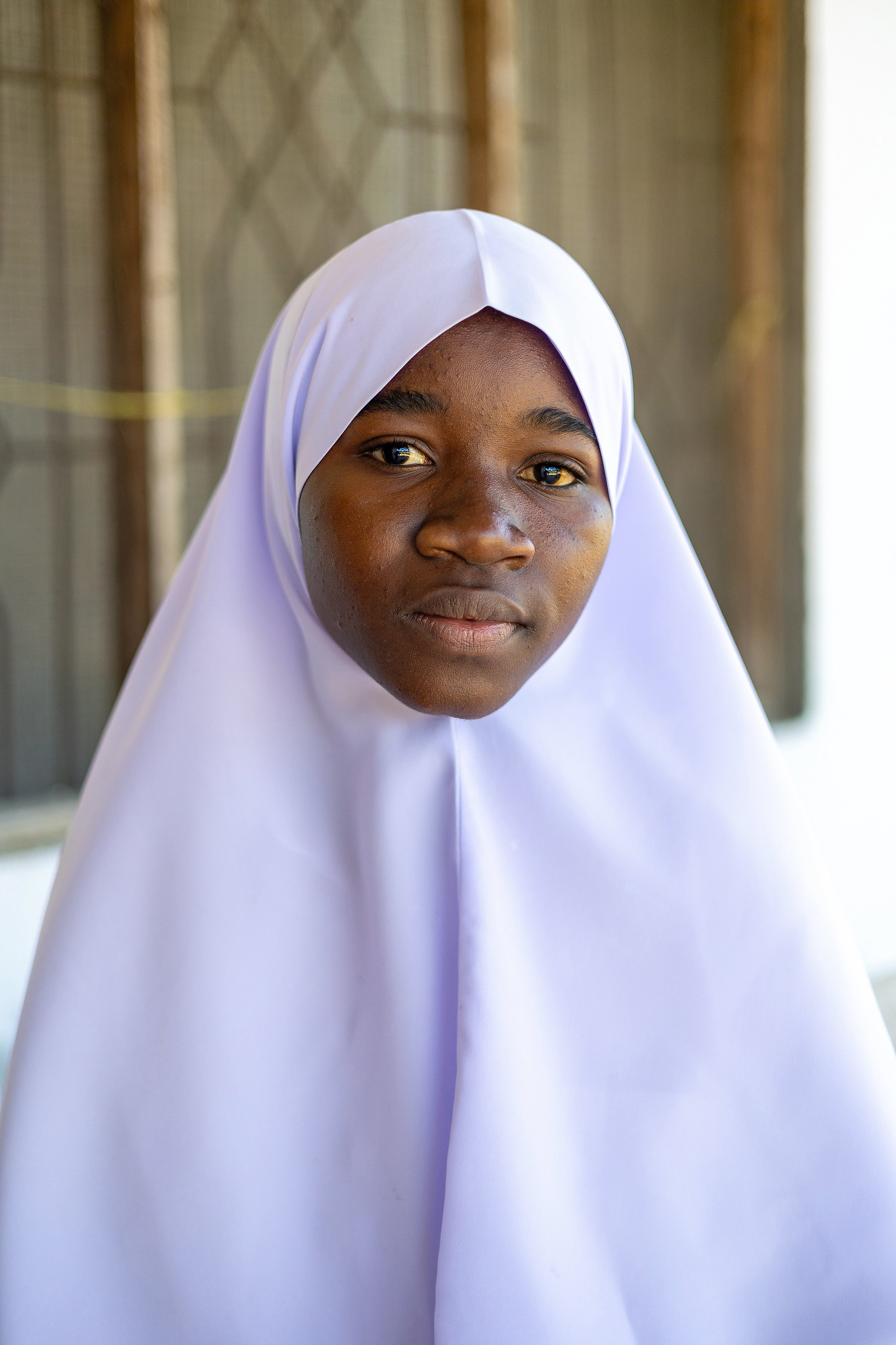
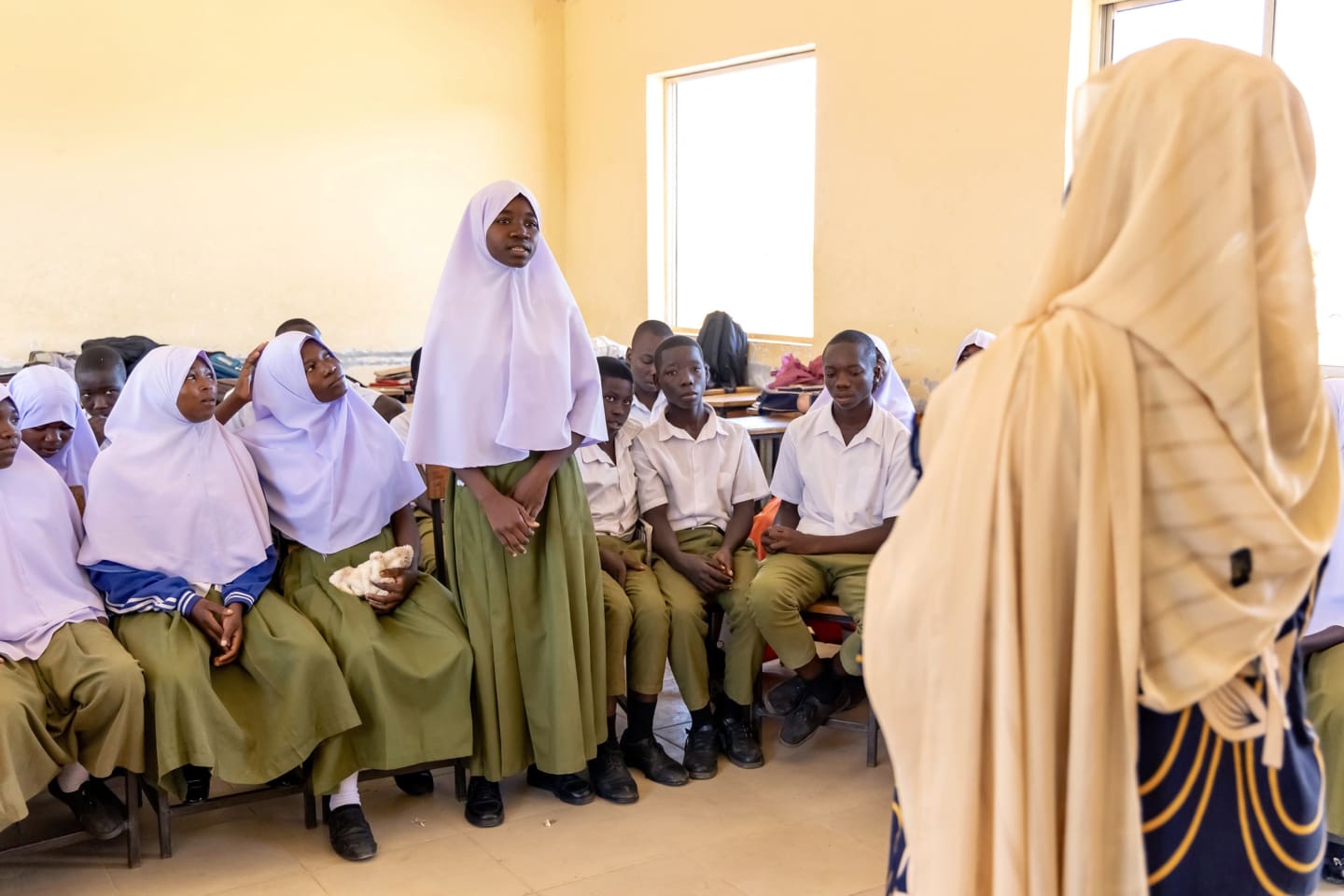
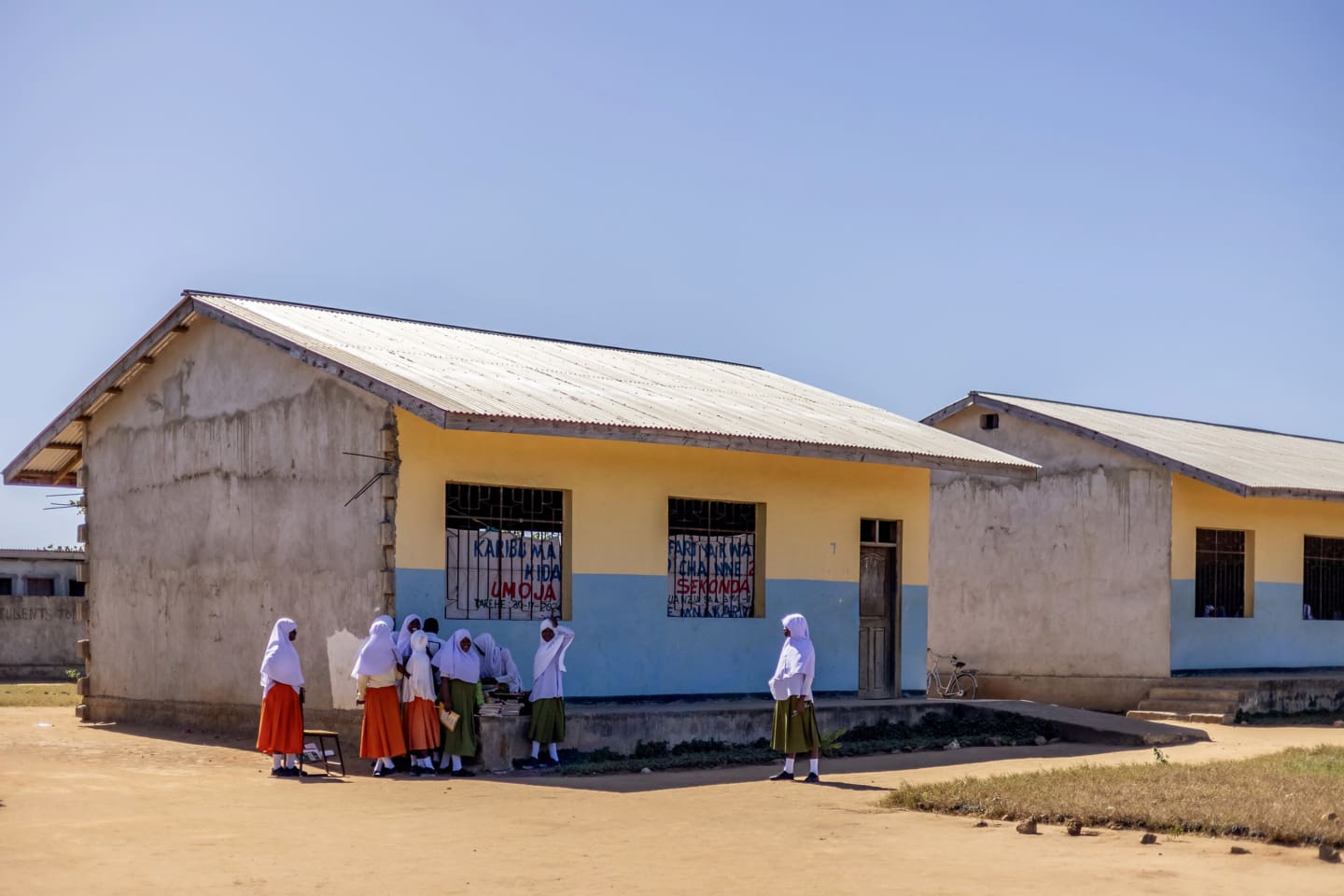
“One day, we sat together and we were telling each other stories,” says Rehema. “One challenge [we discussed], a big one, especially while at school, is water… Especially during the days when someone is on her period, there is also [even more] need for water. Sometimes there is no water, and it creates very difficult conditions.”
“Some girls might also be afraid to tell her parent to buy her pads.”Rehema
As a community leader with deep roots in the local culture, Saida recognises that her role as a Kungwi means that she can be a positive mentor for youth.
“Once [children and adolescents] know that you are an educator and an advocate for them, they feel free and ready to come and talk to you,” says Saida. “These trainings [at school] are helping many girls to grow and help them recognise and pursue their rights and protect them.”
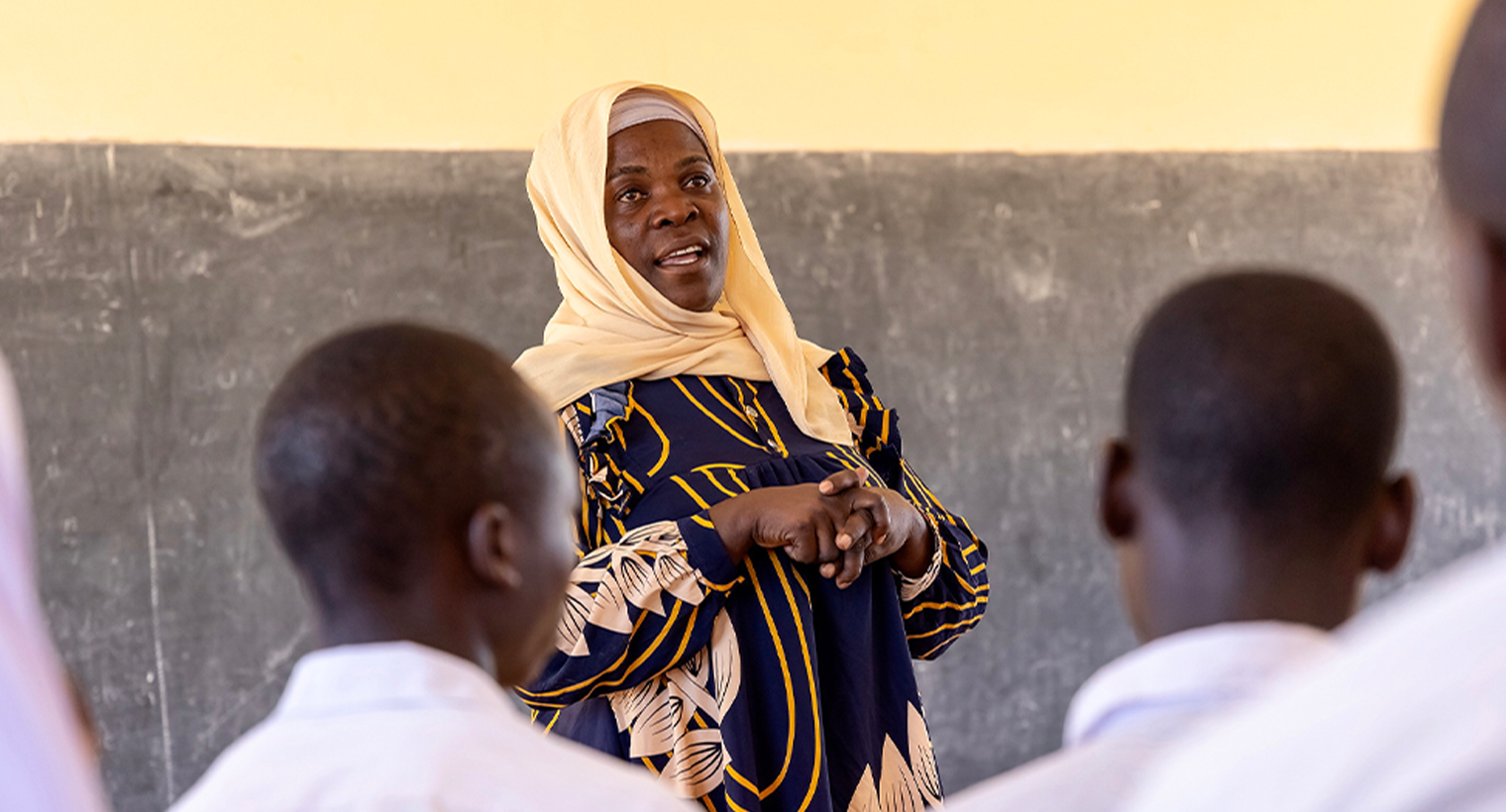
Saida’s role as a Kungwi means that she can be a positive mentor for young people – she does this in formal settings, such as school classrooms, as well as more informally in the community
For Saida, this work is deeply personal.
“When I went through unyago, because there were harmful and oppressive traditions, I was mistreated. I experienced violence because the things I learned were not appropriate for my age. That is why today I fight so that the [younger generation] will not go through what I went through.”
Saida
For Salima, she hopes her work will mean brighter futures for the girls in her community.
“I want them to continue to rise, get an education, study, and not stop here in the village. I want them to reach the highest levels, to go beyond the village, to climb higher academically, so that they can help others, help themselves and support their own children in the future.”
Salima
This story is part of the Advancing Gender Equality through Civil Society (AGECS) component of the Foundations for Education and Empowerment (F4EE) programme, funded by Global Affairs Canada. AGECS partners with local civil society organisations to address sociocultural barriers to gender equality and women’s empowerment.
Photo credit: Rich Townsend / AKF

Related News & Stories

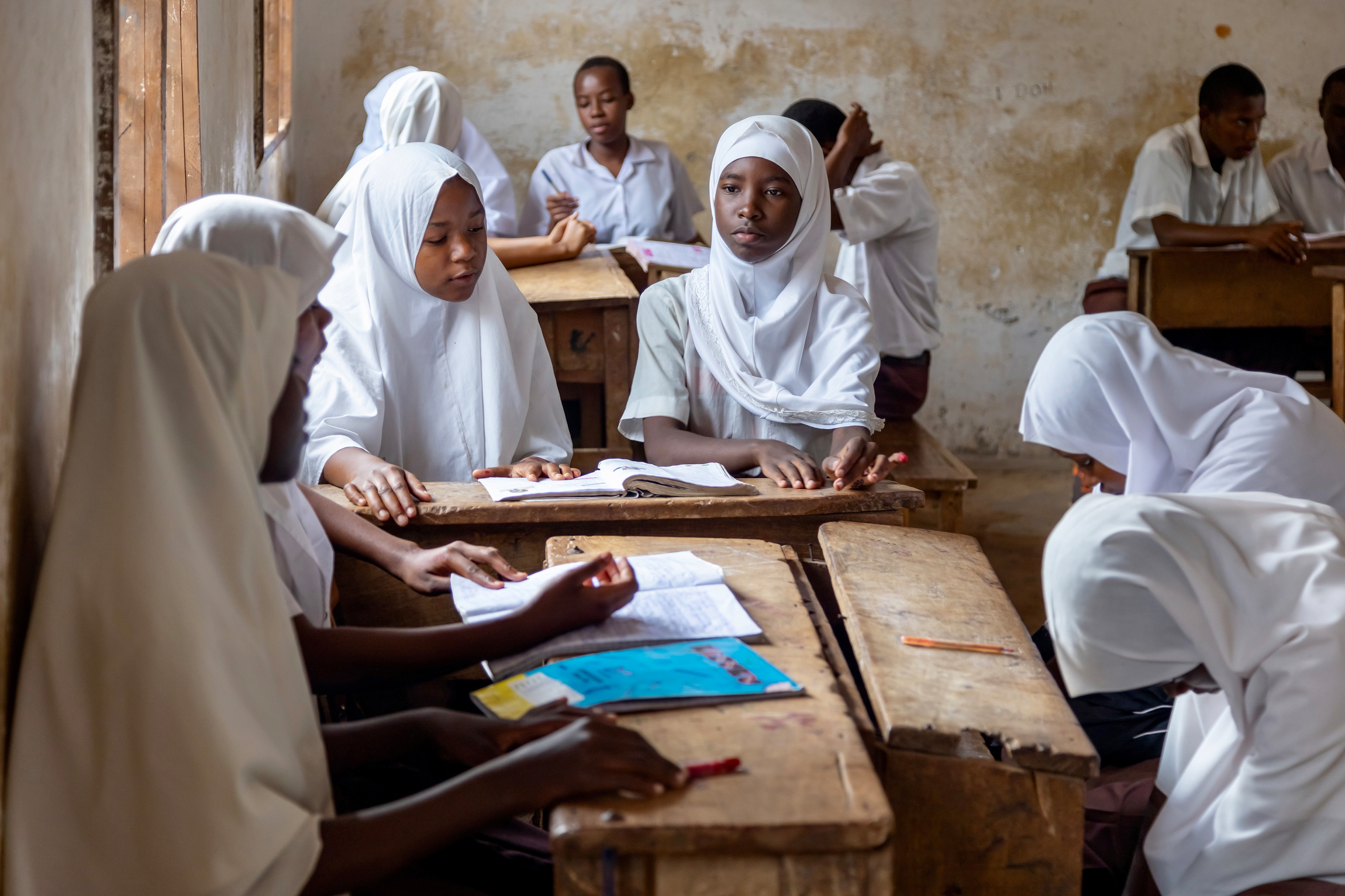
Teaching the watershed generation: How educators in Africa can shape the continent’s future
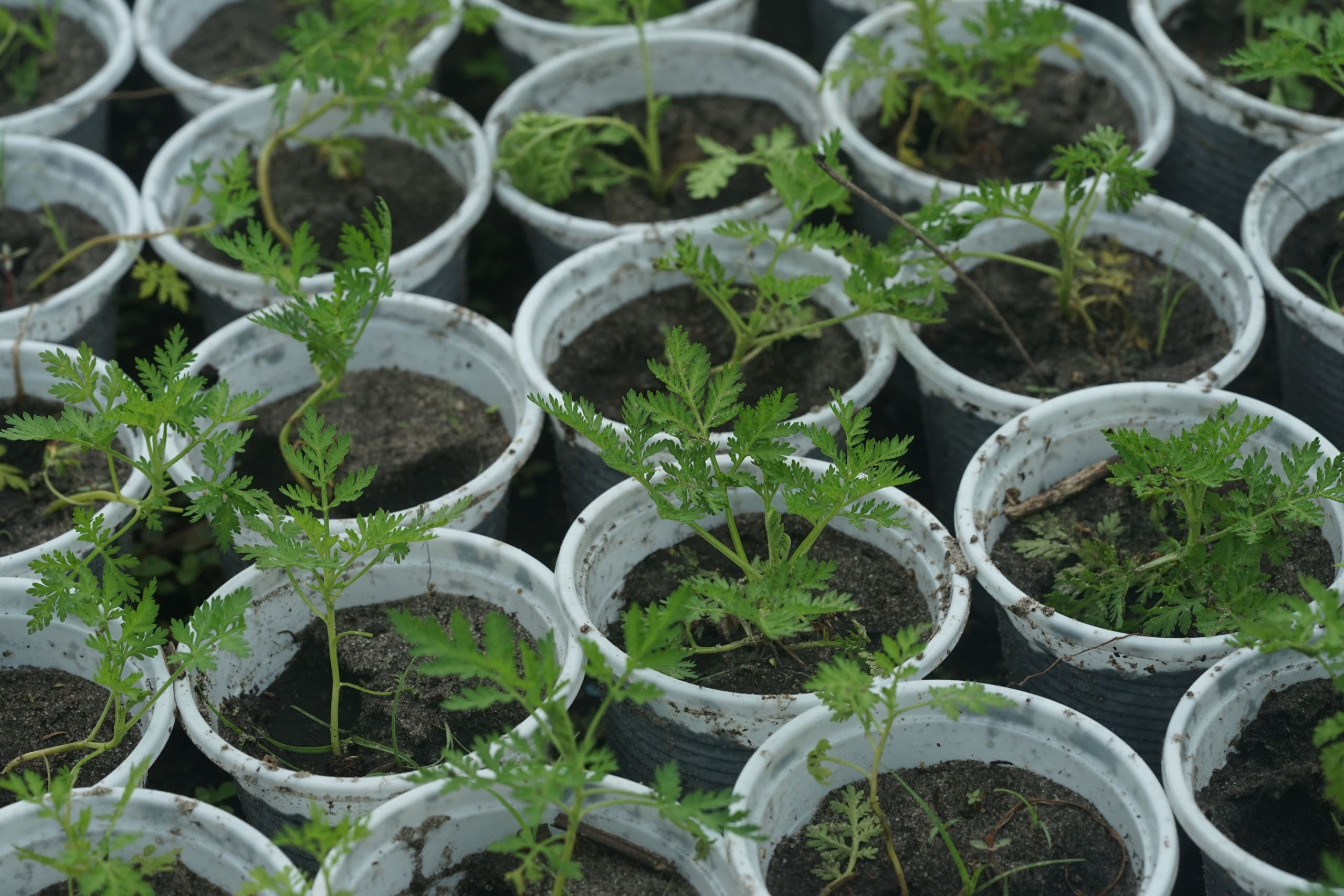
AKF and AKU to host the world’s first International Symposium on Artemisia

The Indian Ocean: How can coastal communities adapt to a rapidly changing environment?

Community Roots, Global Reach: Four climate resilience lessons from Tanzania
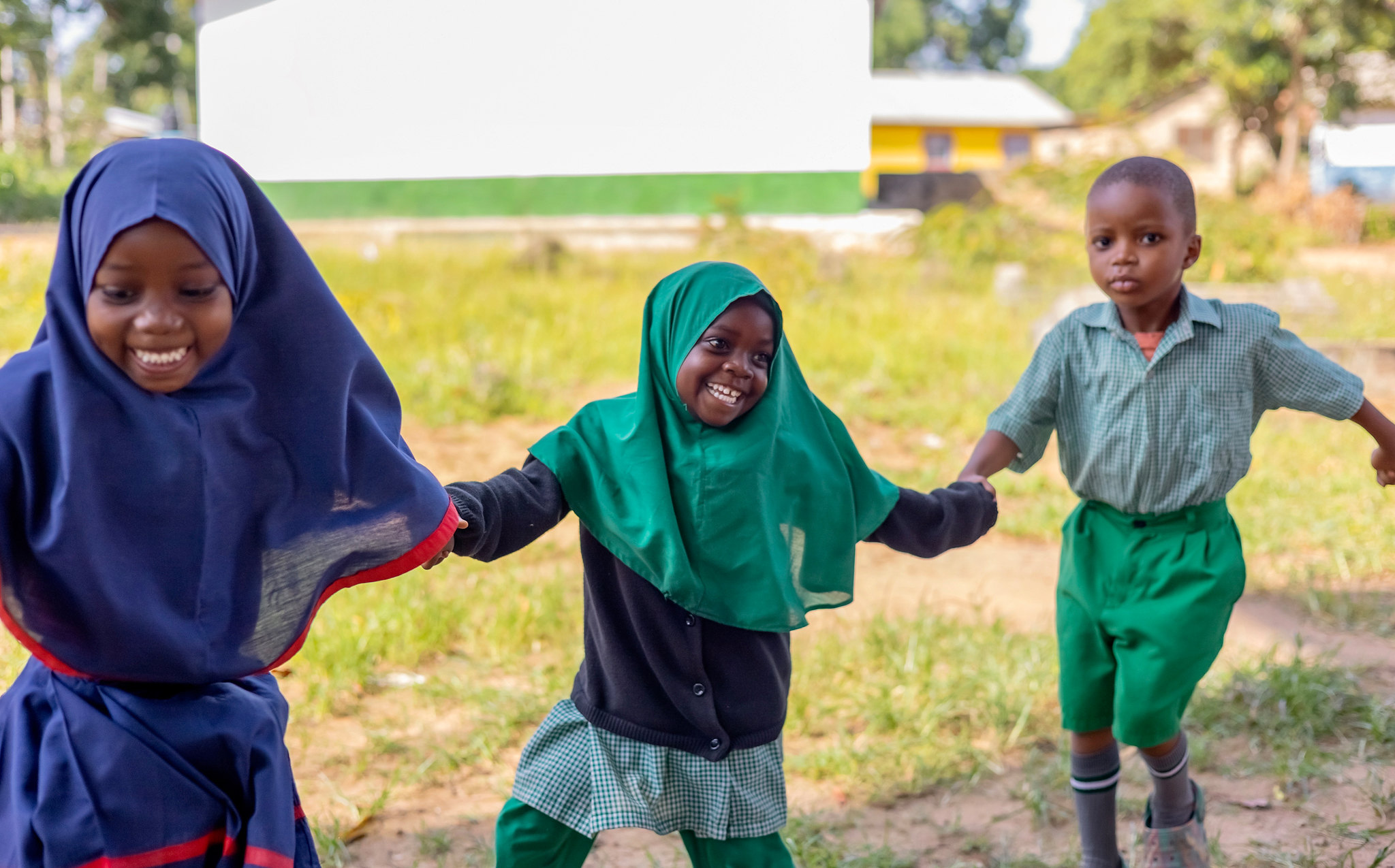
AKF and Bezos Family Foundation expand partnership to boost early childhood development in Asia and Africa
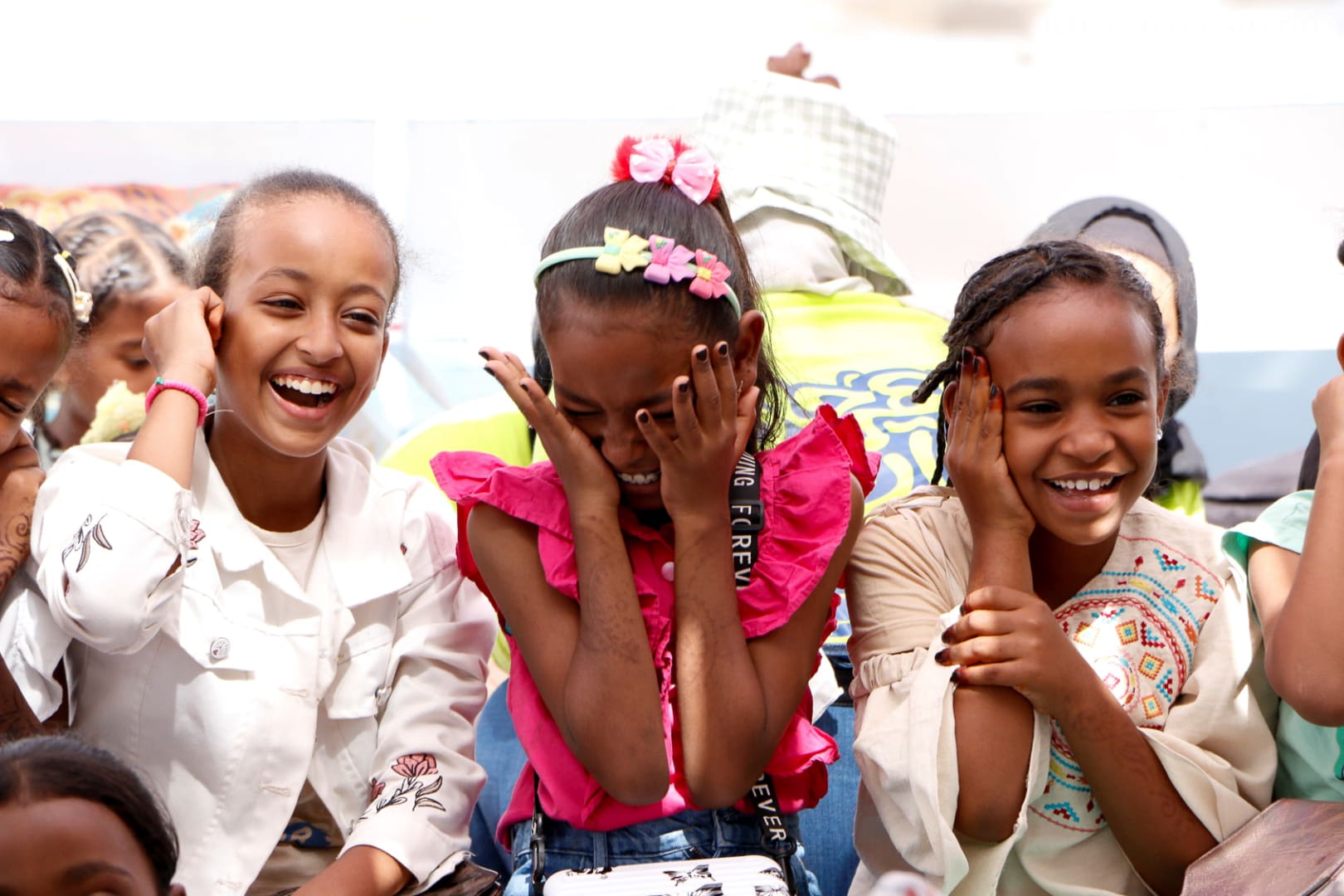
Support our work Your donations are helping us build a future where we all thrive together.